Keywords: Language
There are more than 200 results, only the first 200 are displayed here.
-

ARTS AND CULTURE
- Tim Kroenert
- 15 November 2016
1 Comment
In science fiction, stories of first contact typically have as much to say about humanity as they do about the extra-terrestrial creations of the author's imagination. Mary Doria Russell's 1998 novel The Sparrow explores the consequences of a Jesuit-led mission to a planet near Alpha Centauri, which are profound for the planet's sentient inhabitants and devastating for the human travellers. As in The Sparrow, language is central to Quebecois filmmaker Denis Villeneuve's philosophically piquant first contact story Arrival.
READ MORE 
-
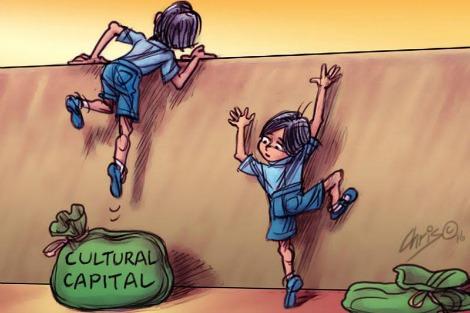
AUSTRALIA
- Sonia Nair
- 24 October 2016
15 Comments
Social theorist Pierre Bourdieu posited the disturbing finding that academic underperformance in lower-class students could be traced back to their lack of cultural capital, defined as 'familiarity with the dominant culture in a society, and especially the ability to understand and use 'educated' language''. According to Bourdieu, the mainstream education system assumes a certain level of cultural capital and as a result, educators speak in a manner that is only understood by a privileged few.
READ MORE 
-

AUSTRALIA
- Andrew Hamilton
- 19 October 2016
7 Comments
Promos suggest you can choose your identity. Join a tour to Kurdistan and you can become an adventurer. Buy an Aussie flag, sing loudly about boundless plains, and you can become a dinky di Aussie. Identity, however, is more subtle. It is formed by relationships, to the human race, to body, to place of birth, to language, to the significant adults of childhood, to possessions, to education and work, to hobbies, religions and political parties and to all the people met through these relationships.
READ MORE 
-

MEDIA
- Susie Garrard
- 29 September 2016
2 Comments
Almost all territories have their own popular artists, writing and performing in their native languages. However, many of these musicians seem unable to break into the wider market. In terms of marketed music, there is no doubt that English speaking artists hold sway. Yet some artists, such as Sydney Aboriginal band Dispossessed, who perform in both English and in language, and Cardiff native Gwenno, whose debut solo album is sung entirely in Welsh and Cornish, are bucking the trend.
READ MORE 
-
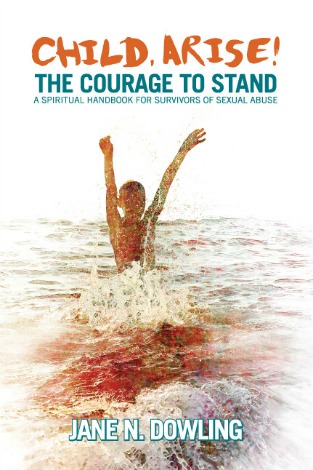
RELIGION
- Andrew Hamilton
- 01 September 2016
15 Comments
Dowling, who was a victim of clerical abuse, offers a program of reflections that bring together scriptural themes and the effects of sexual abuse. Most striking is the extraordinary labour required to purify the language of a tradition that has become polluted. This is vital not simply as a therapeutic exercise but as a condition for renewal and reconciliation. It may also be pertinent to wider society, where Brexit and the Trump phenomenon have been characterised by a coarsening of public language.
READ MORE 
-
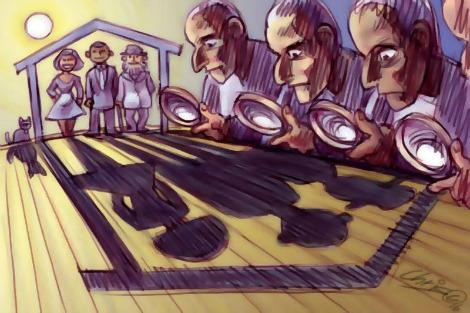
AUSTRALIA
- Kate Galloway
- 01 August 2016
18 Comments
Government wishes to capitalise on our data using new data mining technologies. The ABS uses the language of efficiency and public interest in justifying the changes. It even implies that the new online census is environmentally friendly. It may well be that collecting and retaining our names along with our personal information is efficient, but that does not address the foundation question of whether we as citizens retain the privacy that constitutes us as members of a liberal democratic society.
READ MORE 
-
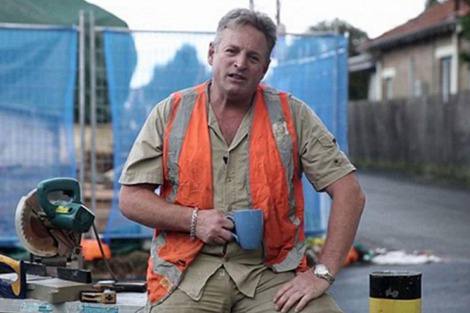
AUSTRALIA
- Brendan Byrne
- 27 June 2016
15 Comments
Whether or not the person in the now notorious 'fake tradie' ad is or isn't a 'real' tradie is irrelevant. What is relevant is that it is a primary example of the co-option of the language of class struggle and economic justice that has so thoroughly poisoned economic debate in the industrialised West. Implicit within it is a patronising view of the working class that dismisses them as gullible dupes who can be made to entrench the privilege of the few in return for the paltry crumbs of consumer hedonism.
READ MORE 
-
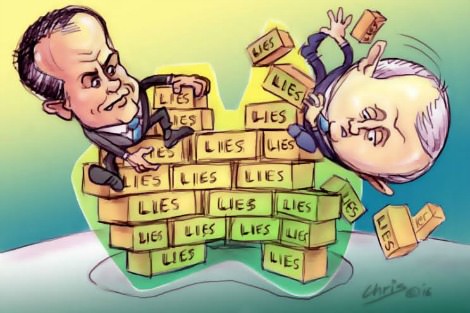
AUSTRALIA
- Justin Glyn
- 11 April 2016
10 Comments
We got a lesson in the art of language from the Minister of Immigration, Peter Dutton, whose redefinition of the word 'detention' was reminiscent of Humpty Dumpty's remark in Alice Through the Looking Glass: 'When I use a word it means just what I choose it to mean, neither more nor less.' We are social creatures who make real decisions based on the representations of others. Once we know we cannot expect the truth from each other, especially those who govern, society can no longer function.
READ MORE 
-
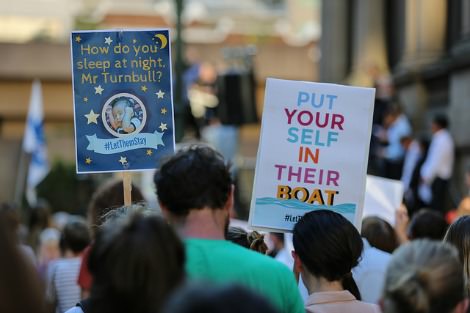
AUSTRALIA
- Somayra Ismailjee
- 12 February 2016
8 Comments
Since the first churches offered sanctuary to the refugees facing deportation to Nauru, a steady stream of voices have joined the call for compassion. As a political language, compassion is itself a reclamation of power. Extending safety, resources, or even a mere welcome to people in need proves that we have something to give. Strength is embodied by a capacity to aid and assist, rather than in cruelty. Empathy, care and compassion appeal to us on a level of emotion that runs deeper than mere rhetoric.
READ MORE 
-
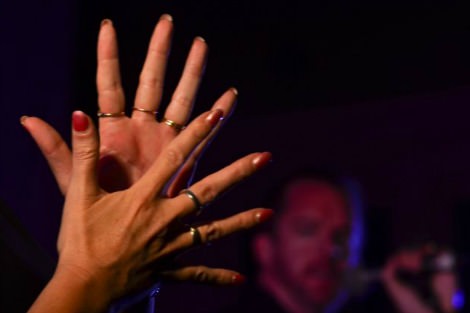
EDUCATION
- Sarah Klenbort
- 20 January 2016
18 Comments
Six years ago my daughter, Kaitlyn, was diagnosed with progressive hearing loss. I was told by an early intervention centre not to sign with her. 'It may interfere with her spoken language development,' they said, though there's no research to support this claim. When she was three, I went against that advice and began studying Auslan. I enrolled my daughter in the bilingual preschool and she learned to sign better than me. She may well be part of the last generation of deaf children to sign in Australia.
READ MORE 
-
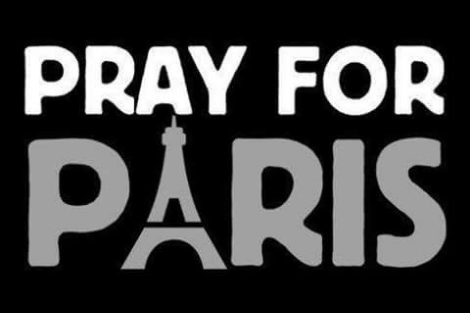
INTERNATIONAL
- Fatima Measham
- 20 November 2015
12 Comments
It is tempting to view the aftermath of terrorist attacks such as those in Paris as a well-rehearsed script. There are condemnation of the killings, sympathy for the families of victims, resolve to seek and punish perpetrators, expressions of solidarity across nations. Also, assaults targeting Muslims on the street and in policy. This time a few things have gone off-script. 'Hugs and hashtags' won't stop ISIS, but there is strength in refusing to cede control over our language and behaviour to terrorists.
READ MORE 
-

INTERNATIONAL
- Catherine Marshall
- 23 October 2015
15 Comments
Sissies are on their way out on British playgrounds. Guidelines produced by the Institute of Physics for the Department of Education recommend that teachers strongly discourage sexist language at school. While internet forums are replete with admonitions from members of the public furious at the erosion of so-called free speech, the guidelines are a welcome tool in the long and exhausting fight for female equality, and Australia would do well to consider adopting such procedures too.
READ MORE 